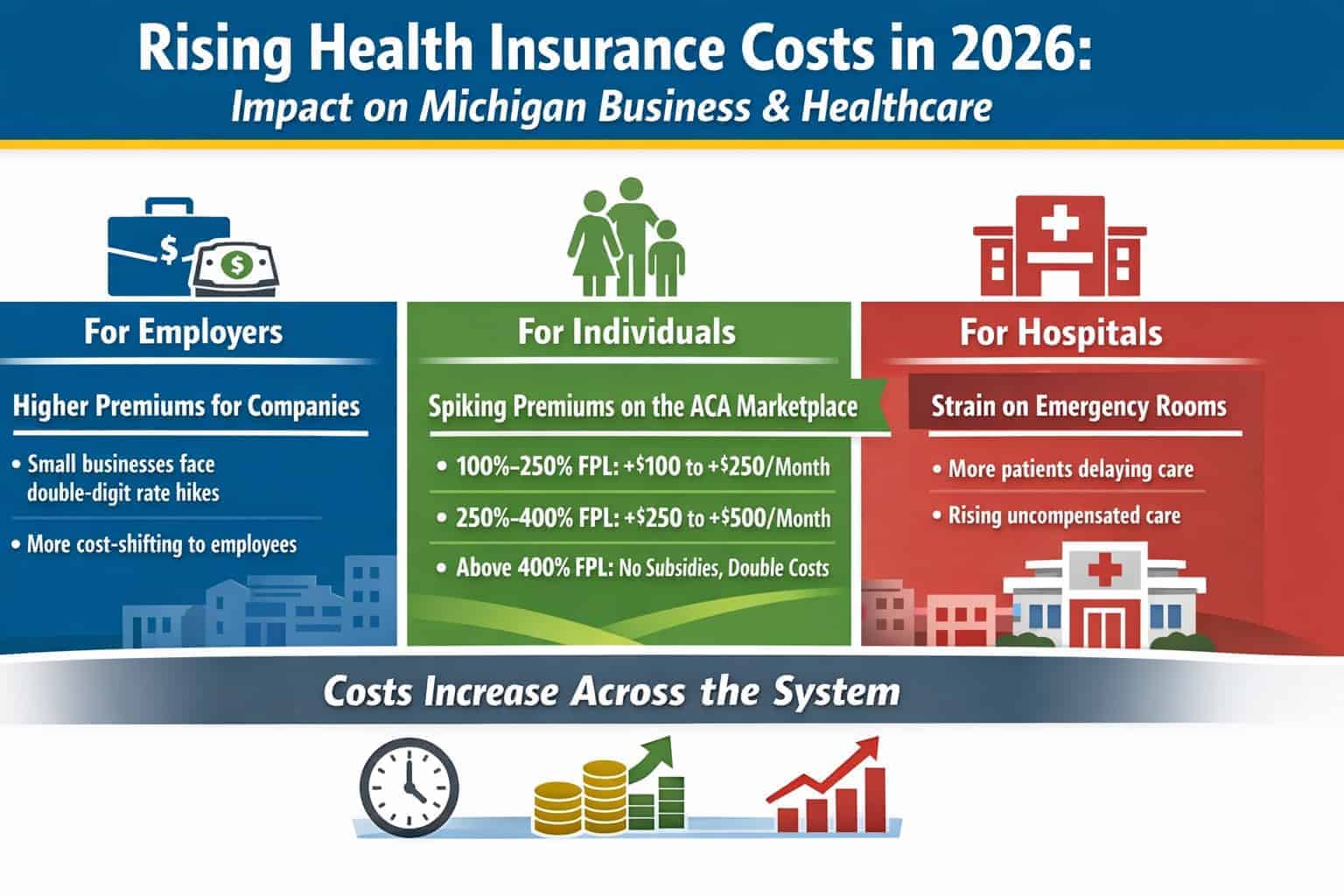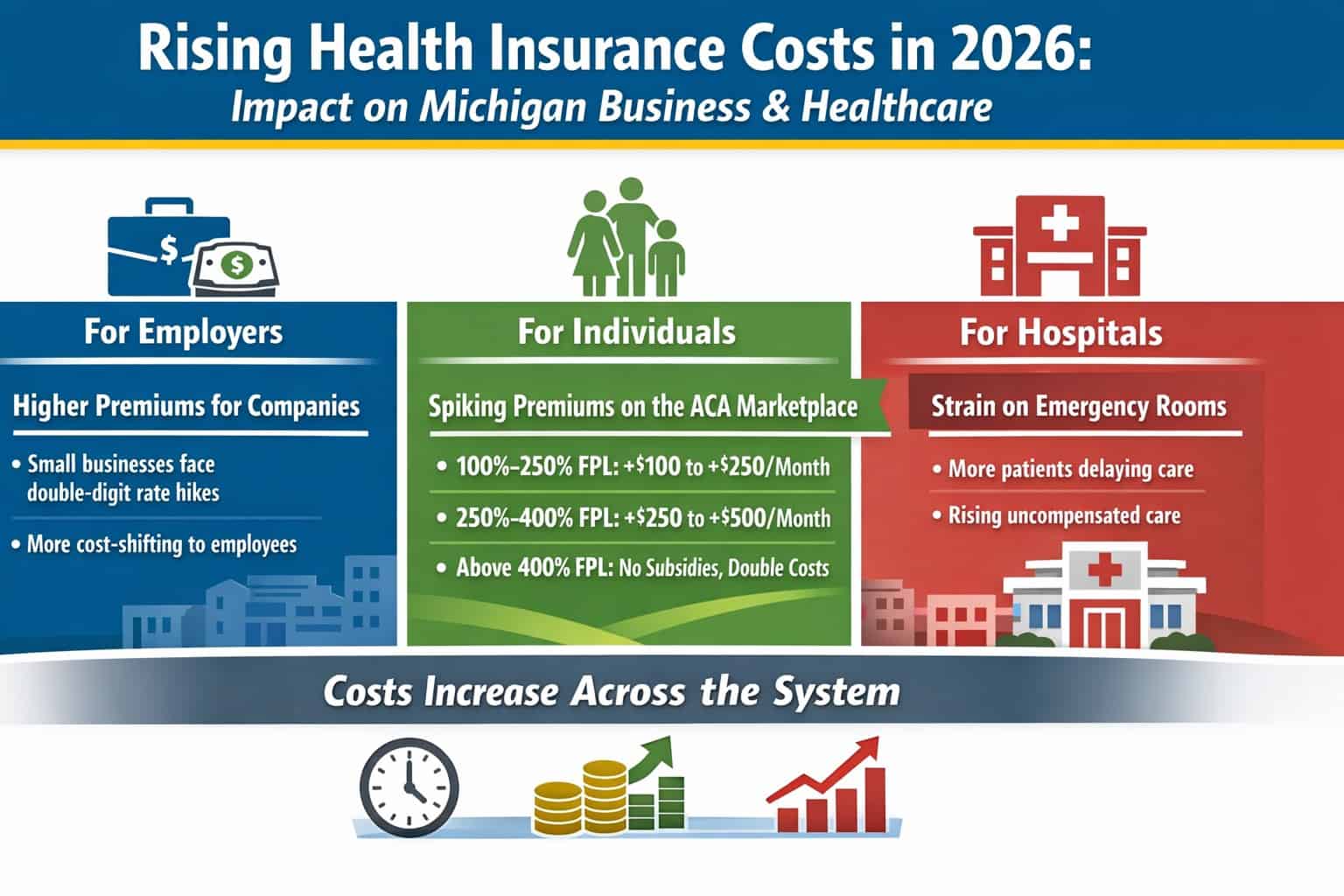BINGHAM FARMS – Like all of us, the pandemic brought a time of uncertainty to Noah Briggs, a student in the Practical Nursing Program at Hondros College of Nursing in Bingham Farms. He had already been thinking about a career change to nursing when his passion was further ignited as he witnessed widespread burnout among healthcare professionals during the pandemic. Inspired to make a difference, Noah answered the call to become a nurse.
1. How the Pandemic Inspired More Men to Pursue Nursing
“The pandemic had a profound impact on the nursing community, creating unprecedented challenges that affected not only healthcare workers but also their families, Briggs says. “I saw firsthand how my partner, who works as a nurse, struggled with the emotional toll of caring for critically ill patients, especially dealing with the overwhelming number of deaths. It was heartbreaking to watch them carry that burden, and it became clear that the need for compassionate healthcare professionals was more urgent than ever.”
2. A Personal Journey from EMT to Nursing Advocate
Briggs started his career at a very young age as an EMT before transitioning into the food and beverage industry, eventually moving into sports entertainment. Noah’s journey took a deeply personal turn as he helped a family friend care for her husband through late-stage dementia. Through this experience, Noah recognized the profound need for strong patient advocacy.
“I realized that my passion for helping others and my interest in healthcare had never faded,” he adds. “This led me to make the decision to return to school and pursue nursing at Hondros College of Nursing, where I can combine my past experiences with my desire to make a more direct impact on people’s lives at a critical time. This is the right moment for me to follow my true calling.”
3. Why More Men Are Entering the Nursing Profession Than Ever Before
Nursing continues to be one of the most in-demand professions nationwide and while the field continues to be dominated by women, men are entering the profession at greater rates than ever before. In fact, according to the U.S. Bureau of Labor Statistics (BLS), 13.2 percent of registered nurses are now men, up from 2.7 percent male RNs in 1970 and 9.6 percent in 2011, while male licensed practical nurses (LPN) make up 10.4 percent of nurses today. As the nation’s population ages, the bureau projects nursing will grow by six percent, faster than average for all professions, representing opportunities for men and women alike seeking a career in nursing.
3. Supportive Nursing Education Helps Break Gender Barriers
“Although I experienced challenges in a previous school where there were a lot of issues related to being a man in a largely female-dominated field, at Hondros College of Nursing, I have not faced any such challenges,” Briggs says. “The environment has been supportive and inclusive, allowing me to focus on my education without feeling out of place.”
Briggs says that nursing school is helping him to significantly develop his critical thinking skills essential in making informed decisions in patient care and advocacy. He came to Hondros College of Nursing due to proximity and the school’s high pass rate on the NCLEX exam but has found the support from instructors to be a great reason to excel.
“The teachers here inspire in us that you have to know how to care,” he says. “And that’s not something that can be taught – they want to produce caring nurses who will catch things by paying attention and showing a caring eye toward people.”
Final Thoughts:
The pandemic exposed the true weight of healthcare work, but it also sparked a new wave of purpose in people. As more men step into the field with empathy and resilience, the future of nursing looks stronger, more diverse, and more compassionate than ever.
Want to read more inspiring stories from the world of healthcare and education? Explore our latest articles at mitechnews.com.
FAQs:
1. Why are more men choosing nursing as a career today?
Many men are drawn to nursing due to its job stability, meaningful impact, and growing opportunities across specialties. The pandemic also highlighted the importance of frontline care, motivating more men to pursue nursing.
2. Do men face challenges in a female-dominated nursing field?
While some men experience bias or stereotypes, inclusive nursing schools and workplaces—like Hondros College of Nursing—are creating more supportive environments where male nurses can thrive.








